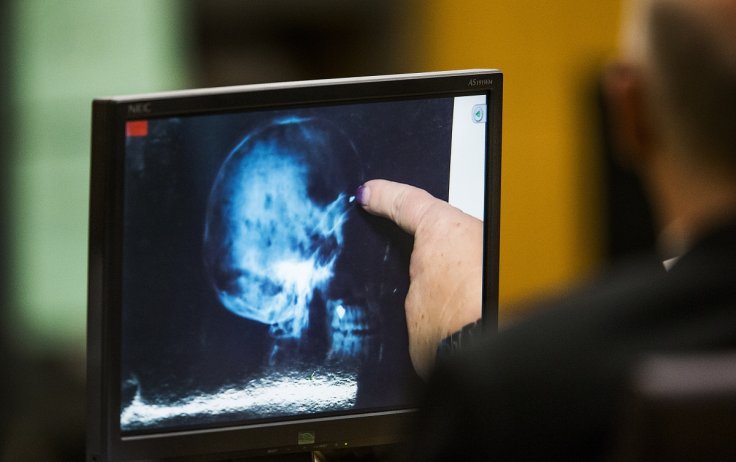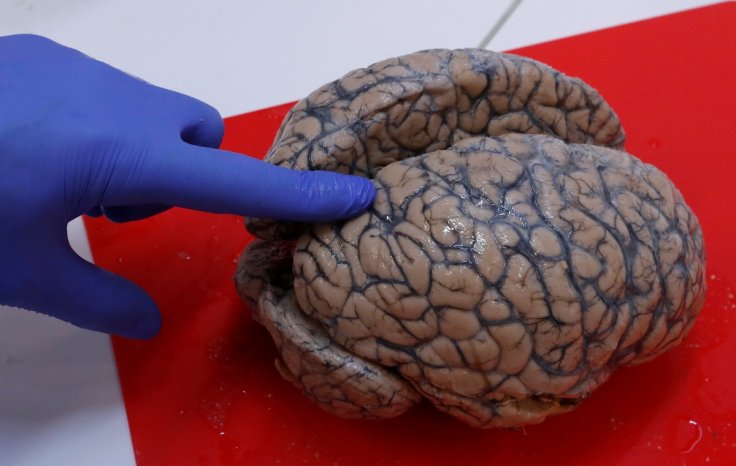The human brain may recall memories of whole life in the last second before death, suggested a fresh study after scientists witnessed the neurological recording of a dying 87-year-old man. In the 30 seconds before and after death, the man's brainwaves followed the same patterns as dreaming or recalling memories, found the study published in Frontiers in Aging Neuroscience on Tuesday.
The scientists recorded the brain activity through continuous electroencephalography (EEG) of the elderly man who had developed epilepsy. During the recordings, the man suffered a heart attack and EEG recorded certain brain activity which scientists termed a final recall of life in a person's last moment.

Dr Ajmal Zemmar, a neurosurgeon at the University of Louisville, US, who organized the study said: "We measured 900 seconds of brain activity around the time of death and set a specific focus to investigate what happened in the 30 seconds before and after the heart stopped beating."
The scientists had recorded brain oscillations -- generally known as brain waves. These are patterns of rhythmic brain activity found in living human brains.
According to the story, the different types of oscillations, including gamma, are involved in high-cognitive functions, such as concentrating, dreaming, meditation, memory retrieval, information processing, and conscious perception, just like those associated with memory flashbacks.
Last Recall of Important Life Events
Zemmar further said that through generating oscillations involved in memory retrieval, the brain may be playing the last recall of important life events just before we die, similar to the ones reported in near-death experiences.
The neurosurgeon also revealed that these findings challenge their understanding of when exactly life ends and generate important subsequent questions, such as those related to the timing of organ donation.

The research found that neuroscientists' data provide the first evidence from the dying human brain in a non-experimental, real-life acute care clinical setting and advocate that the human brain may possess the capability to generate coordinated activity during the near-death period.
However, these measurements are based on a single case. Also, the patients had seizures and swelling which complicate the interpretation of the findings.
But Zemmar is in plans to monitor and understand more cases in the near future.
The neuroscientist also said that when our loved ones leave us with their closed eyes, their brains in the last moments replay some of the nicest moments they have experienced in their lives.
The scientists have maintained that the study is the first of its kind to measure live brain activity in a dying human. However, previously similar changes in gamma oscillations were observed in rats kept in a controlled environment, a finding showing the possibility that the brain at the time of death follows a biological response that could be conserved across species.









